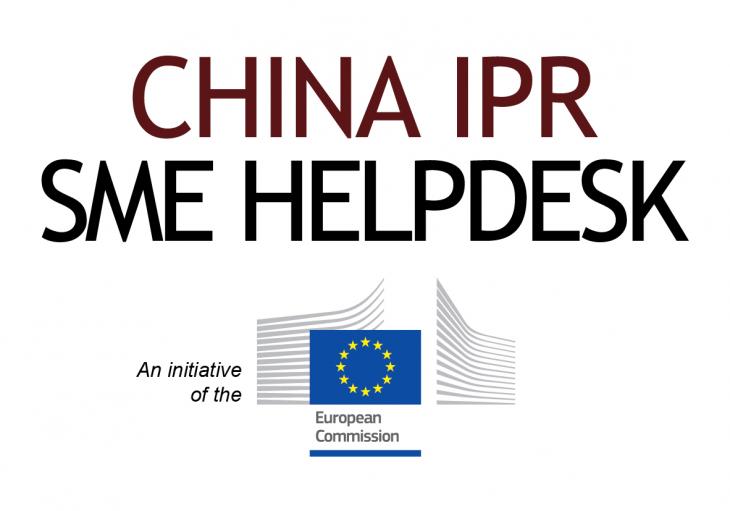IP case study: Keeping trade secrets
Nearly all businesses in all industries and sectors possess trade secrets. Trade secrets are a valuable and highly useful form of intellectual property that are nevertheless often undervalued and overlooked by their owners. This is particularly the case in the service sector, where the relative value of trade secrets as intangible assets can be extremely high. A logistics firm may not hold any patents and few trademarks and substantial copyrights, for example, but the value of its operations could heavily derive from information contained within client lists and standard procedures.
A considerable advantage of trade secrets is that unlike some other forms of IP rights, such as patents and copyrights that have a finite term, trade secrets can theoretically enjoy an infinite term of protection, so long as the trade secret remains just that – a secret. The main difference between protecting something by patent or as a trade secret is that, while technical information is publicly disclosed in patents, it is kept away from the public eye in trade secrets. A trade secret can last forever if the confidentiality measures that protect it continue to be effective. An invention patent typically expires after 20 years.
On the other hand, legal protection of trade secrets is easily lost. Once the information becomes public information, it no longer enjoys any legal protection. As a result, prevention is the golden rule when it comes to protecting trade secrets, because once a secret is out, there is usually very little that can be done about it. China, like most other countries, provides a legal framework for the protection for trade secrets, and the law provides remedies in circumstances where trade secrets are unlawfully disclosed.
Case study
The Dutch SME Wuvio is a market leader in producing chemicals to combat dust for construction sites, energy producers, mining and dry bulk companies. Wuvio works with unique solutions, which require a structured approach to intellectual property (IP). Rob te Braake, Wuvio representative in China, has shared his experiences and given some practical tips for any business looking to protect this kind of intellectual property portfolio.
Wuvio had been active in Europe for 11 years when they decided it was time to make the move to China. “Many companies active in the same industry claim to offer what we offer, but are either not as effective, more expensive, or not biodegradable. This gives us a strong advantage in China,” Rob said. “We first set up a limited company in Hong Kong in 2011, and then branched out into Mainland China in 2013.”
Wuvio carefully developed a Chinese trademark and registered it in China, but according to Rob, the most important part of the company’s IP strategy is their trade secrets: “We have no patents registered in Europe or in China, because we don’t want our chemical solutions to become available to the public in 20 years’ time. We also don’t like to depend on enforceable rights because, as an SME, we simply don’t have the resources to keep chasing infringements. Prevention is key for us.”
“We are currently importing products from the Netherlands, but even when we move production to China, we will always keep the production of the critical components in the Netherlands, because they are key to our products”, Rob continued. “We’ve checked ourselves if the formula of our solutions can easily be retrieved through reverse engineering, but successive attempts have not been successful. I am therefore confident that our solutions are adequately protected this way.”
As a final recommendation, Rob says that it is important to work with a qualified lawyer that knows the Chinese IP system, and that doing business in China requires a breadth of skills: “Getting familiar with the Chinese business world, cultural differences, and the distance between your head office in Europe and the office in China may be difficult at first, but you will get used to it as you go. You just need to be confident and find the right people to work with.”
Lessons learned:
- Assess if your innovations and technology would be better protected as trade secrets or as a registered patent.
- Don’t disclose any valuable information unless absolutely necessary.
- Build a strong network of trusted business partners and employees and have them sign well-drafted contracts, non-disclosure and non-competition agreements.
For more information, please see:
- Wuvio
- China IPR SME Helpdesk guide to ‘Patent Protection in China’
- China IPR SME Helpdesk guide to ‘Protecting your Trade Secrets in China’
The China IPR SME Helpdesk supports small and medium sized enterprises (SMEs) from European Union (EU) Member States to protect and enforce their Intellectual Property Rights (IPR) in or relating to China, Hong Kong, Macao and Taiwan, through the provision of free information and services. The Helpdesk provides jargon-free, first-line, confidential advice on intellectual property and related issues, along with training events, materials and online resources. Individual SMEs and SME intermediaries can submit their IPR queries via email (question [at] china-iprhelpdesk.eu ()) and gain access to a panel of experts, in order to receive free and confidential first-line advice within 3 working days.
The China IPR SME Helpdesk is an initiative by the European Union
To learn more about the China IPR SME Helpdesk and any aspect of intellectual property rights in China, please visit our online portal at http://www.ipr-hub.eu/.
